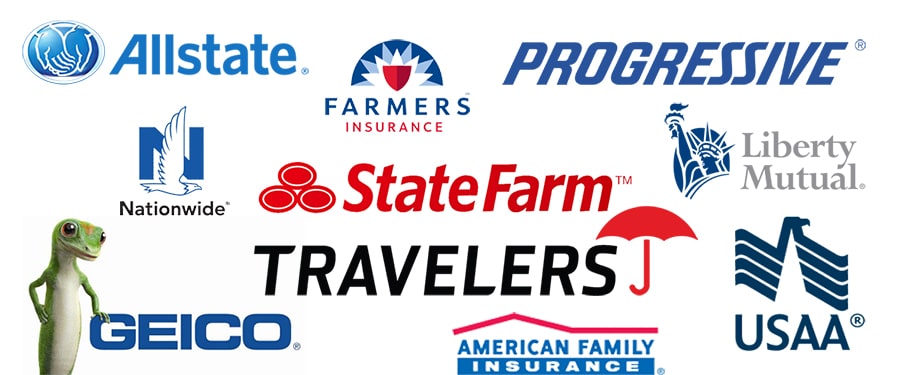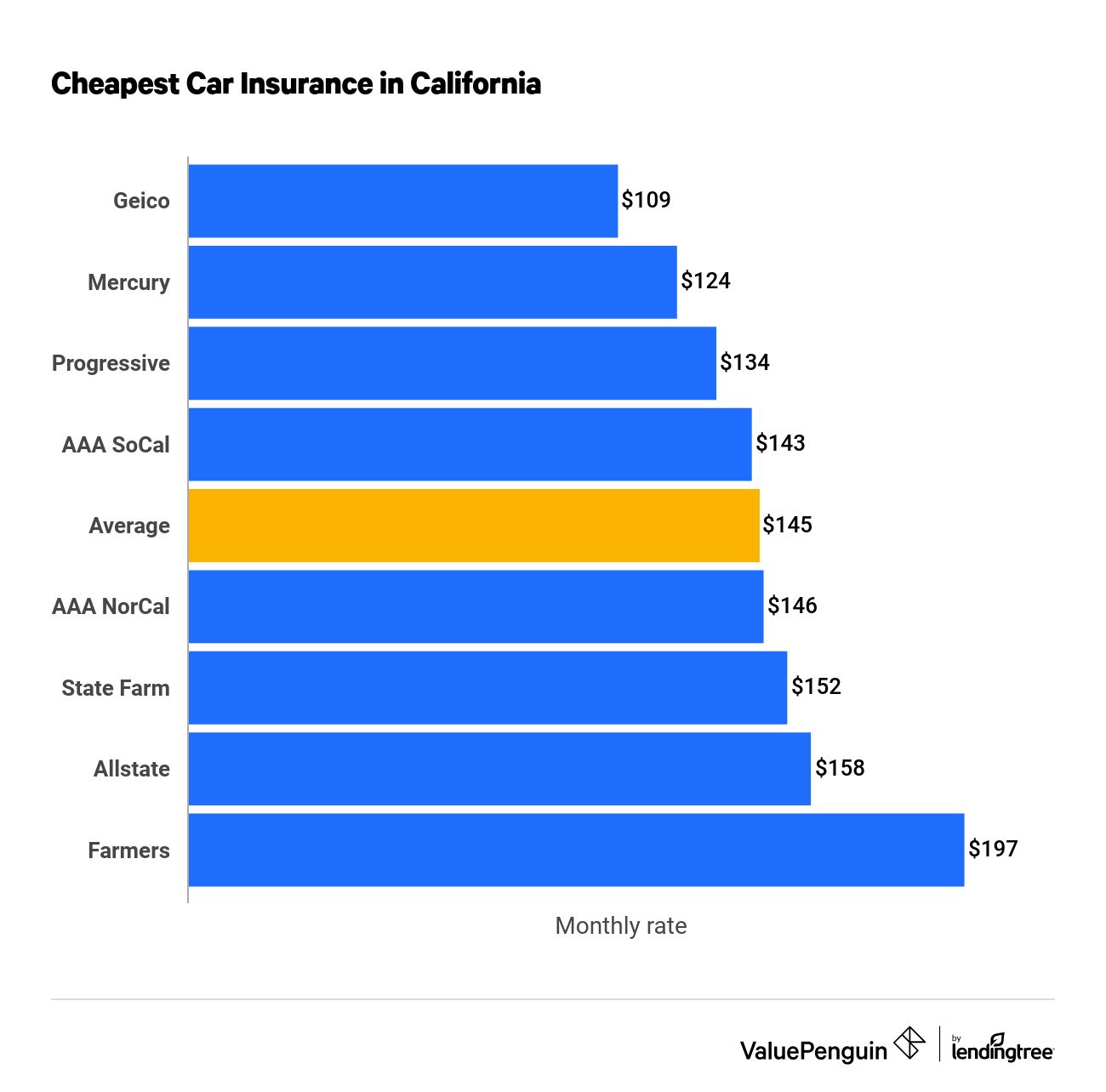Auto Insurance Companies Insurance Companies Offer Discounts For Having Gps Trackers
When it comes to safeguarding your vehicle and finances, understanding auto insurance companies is pivotal. In a landscape filled with numerous options, knowing the different players in the market can lead to better choices for coverage. Auto insurance companies provide essential services that help protect car owners against unforeseen circumstances such as accidents, theft, and damages. Let's delve deeper into the realm of auto insurance, examining various aspects and implications of choosing the right provider.
Auto insurance companies vary significantly in terms of the products they offer, their customer service, pricing structures, and overall reputation. Here are some critical points to consider:
- Types of Coverage: Understanding the different types of coverage can help you make informed decisions. Most auto insurance companies offer a variety of coverage options, including:
- Liability Coverage: This is often required by law and helps cover damages to others if you're at fault in an accident.
- Collision Coverage: This helps pay for damages to your vehicle following an accident.
- Comprehensive Coverage: This covers non-collision incidents such as theft, vandalism, or natural disasters.
- Personal Injury Protection: This provides coverage for medical expenses and lost wages for you and your passengers if you're injured in an accident.
- Premium Costs: Insurance premiums can vary based on several factors. Some of those factors include:
- Driving History: A clean driving record generally results in lower premiums.
- Vehicle Type: The make and model of your car can influence your insurance costs.
- Location: Rates may vary depending on your geographical area and its traffic patterns.
- Credit Score: Many insurers consider your credit history when calculating your premium rates.
- Customer Service: The level of customer service can vary widely between companies. Look for insurers that receive high marks for:
- Claims Processing: How efficiently and fairly a company handles claims can be a critical factor when you need assistance.
- Support Availability: Consider whether the company offers 24/7 support and multiple channels for communication.
- Reputation and Financial Stability: Researching an insurance company's reputation and financial stability is wise. Customers often rely on reviews and ratings from independent agencies to gauge:
- Customer Satisfaction: Reviews can provide insights into the experiences of other policyholders.
- Financial Ratings: Companies rated highly by agencies like A.M. Best tend to be more reliable in fulfilling claims.
Choosing the right auto insurance company involves careful consideration of your own needs, preferences, and budget. With a plethora of options available, conducting thorough research on various insurance providers can lead to better-informed decisions.
Top 10 Biggest Auto Insurance Companies In America

There’s no simple answer when considering which auto insurance company is best for you, as it largely depends on personal circumstances and preferences. However, understanding who the major players are can significantly assist in your decision-making process. The top ten biggest auto insurance companies in the United States often include well-known names like State Farm, GEICO, and Progressive, among others. These companies not only dominate the market share but also typically offer the most comprehensive range of services.
Auto Insurance Claims in Houston

Claim processing can be nuanced, often requiring patience and thorough documentation. When it comes to auto insurance claims in Houston, it’s crucial to know the local laws and how they may impact your claim. Familiarizing yourself with local regulations can provide additional comfort as you navigate the often-complex path of dealing with insurance companies post-accident.
Auto Insurance Companies Refusing Coverage In California

In recent years, some auto insurance companies have received backlash for refusing to cover certain drivers in California. Factors such as high claim rates, natural disasters, or specific driver profiles can lead insurers to shy away from providing coverage. Understanding these trends can help consumers make proactive decisions regarding their insurance policies, potentially urging them to seek out companies that offer more inclusive policies suited to their individual circumstances.
Car Insurance Company Logo

Every insurance company has its own identity, often represented through logos and branding. These logos can help you differentiate between various companies and their offerings. While the logo itself may not reflect service quality, understanding a company's branding can sometimes provide insights into its market positioning and target audience.
Car Insurance Online

The rise of technology has made it easier than ever to compare auto insurance policies online. With many websites offering reviews, rate comparisons, and user feedback, consumers can easily research potential companies from the comfort of their homes. This convenience should be embraced as it empowers drivers to make better financial decisions.
Insider's Guide: Navigating Car Insurance For Foreigners in California

For foreign drivers residing in California, navigating the auto insurance landscape can be particularly overwhelming due to varying laws and requirements. Building a solid knowledge base is essential for anyone trying to insure a vehicle in a new country, and knowing the specific policies available for foreigners can facilitate a smoother transition.
Having explored the landscape of auto insurance companies, a pertinent question arises: What is the significance of selecting the right auto insurance provider?
The selection of the right auto insurance provider is significant as it influences the scope of coverage, impacts financial protection during adversities, and affects customer satisfaction levels during claims processing. Auto insurance companies play a crucial role in safeguarding assets against potential risks, making the choice of provider a vital component in managing personal and financial wellbeing.
Another question worth exploring is: How does auto insurance pricing affect consumer choices?
The pricing of auto insurance significantly affects consumer choices as it often dictates the affordability and accessibility of coverage options. Consumers are likely to compare premium costs across various providers, leading them to select policies that best align with their budgets while still meeting their coverage needs. Thus, the competitive nature of pricing within the auto insurance market directly shapes the purchasing decisions of individuals seeking vehicle protection.
Lastly, consider this question: How do auto insurance companies assess the risk of insuring a driver?
Auto insurance companies assess the risk of insuring a driver through various evaluative criteria, including driving history, credit scores, geographical location, and the type of vehicle owned. By analyzing these factors, insurers use statistical data to predict the likelihood of claims, subsequently determining appropriate premium rates based on the assessed risk level. Hence, the underwriting process is integral in shaping the risk profiles that insurance companies maintain for their policyholders.